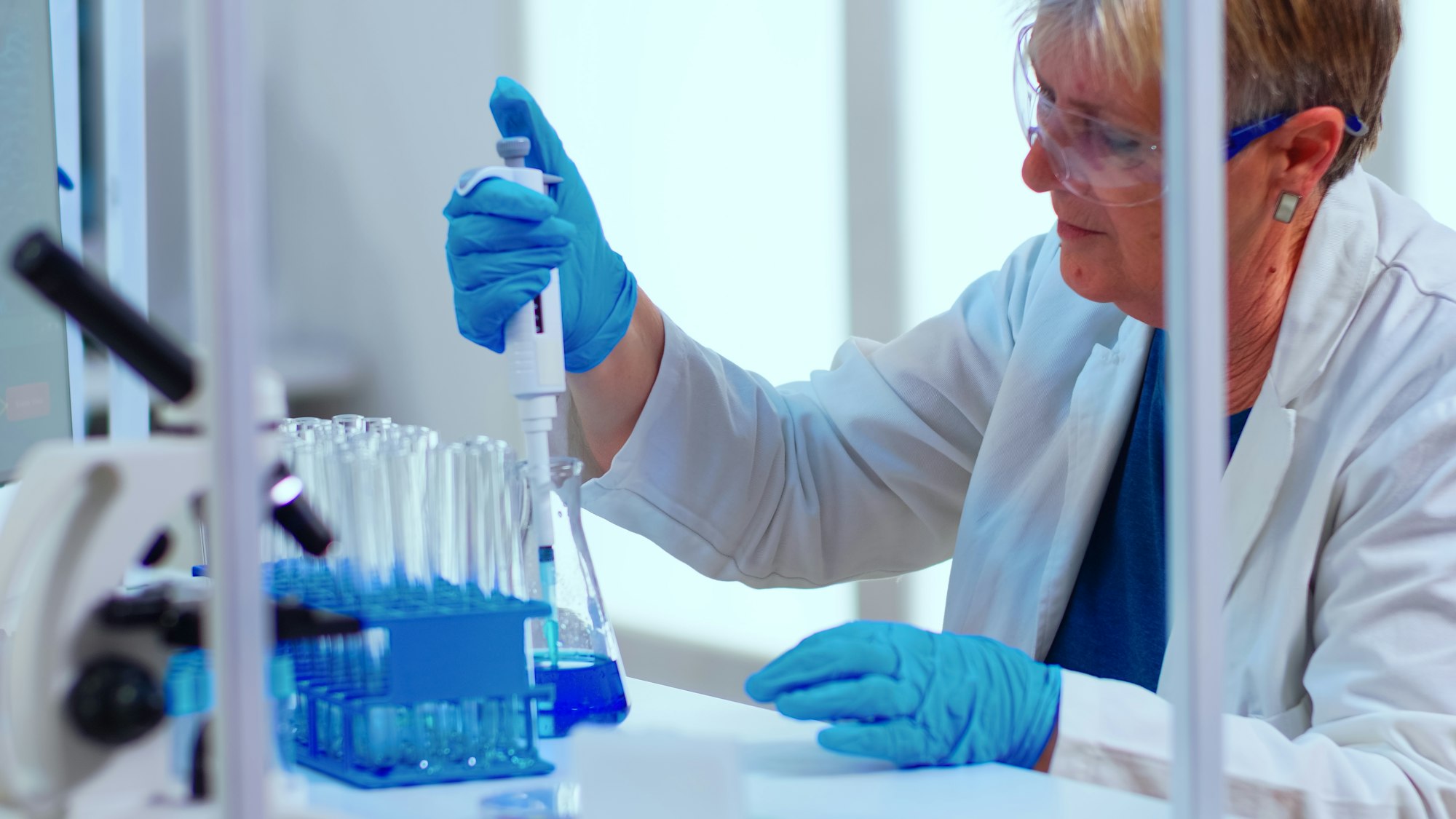How AI is Changing Drug Discovery
Artificial Intelligence (AI) is making big waves in drug discovery, making it faster and cheaper to find new drugs. By using AI, scientists can quickly sift through huge amounts of data like genetic profiles and past research to predict how new drugs will work. This is great news for tackling tough diseases like cancer and Alzheimer’s, as it speeds up the creation of new treatments.

AI’s Role in Developing New Medicines
AI is super useful in creating predictive models that help scientists see how drugs might react with our bodies. A company called Exscientia is a leader in this area, using AI to test thousands of possible drugs in the computer, picking the best ones to try in real life. This method saves lots of time and reduces the chances of failure later on.
Improving Clinical Trials with AI
Clinical trials are super important but also very slow and expensive. AI is changing that by helping pick the right patients for trials, making trial designs better, and predicting the results more accurately. This leads to safer, faster trials and gets new treatments to the public sooner.
AI in Genomics: Understanding Our DNA
Genomics is all about studying our DNA, and AI is a big help here too. AI tools can go through tons of DNA data to find patterns and clues about health and disease. This helps doctors create personalized treatment plans based on a person’s unique DNA.
AlphaFold: A Game-Changer for Protein Studies
One of the coolest AI tools is AlphaFold by DeepMind, which helps scientists understand how proteins fold. Proteins need to fold the right way to work properly, and misfolding can lead to serious diseases. AlphaFold predicts protein structures incredibly well, which is a big step forward in studying diseases and finding new treatments.
AI in Precision Medicine: Custom Treatments
Precision medicine is about tailoring treatments to each person’s needs, and AI is crucial here, especially in cancer treatment. AI looks at a patient’s genetic details and health records to recommend the best treatment options, improving the chances of success and reducing side effects.
AI’s Impact on Medical Imaging
AI is also transforming medical imaging by making it easier for doctors to spot diseases early on. AI systems can analyze images like X-rays and MRIs faster and sometimes better than humans, which can lead to quicker and more accurate diagnoses.
Enhancing Surgery with AI
AI isn’t just for diagnosis; it’s also improving surgery. AI can guide surgeons during operations with real-time data and advice tailored to the patient’s situation. This makes surgery safer and more precise. Robots controlled by AI are also becoming more common in surgeries, offering less invasive options with great accuracy.
Ethical Questions in AI and Life Sciences
With all these benefits, there are also some ethical issues to consider, like data privacy, biases in AI, and job changes in the field. It’s important to handle patient data carefully and make sure AI systems treat everyone fairly. As for jobs, AI is likely to change roles rather than replace them, creating opportunities for people to focus on more complex tasks.
This is just a snapshot of how AI is reshaping life sciences. It’s an exciting field with lots of developments that could change how we understand and treat diseases, making a big difference in everyone’s lives.

Frequently Asked Questions
- How does AI improve the process of drug discovery?
AI enhances drug discovery by analyzing large sets of data, such as genetic information and previous research, to quickly identify potential drug candidates. This reduces the time and cost it usually takes to discover new drugs, allowing for quicker development of treatments for diseases like cancer and Alzheimer’s. - What is AlphaFold and why is it important?
AlphaFold is an AI program developed by DeepMind that predicts the structure of proteins based on their amino acid sequences. Understanding how proteins fold is crucial because improper folding can lead to diseases like Alzheimer’s. AlphaFold’s ability to accurately predict protein structures helps scientists understand disease mechanisms better and speeds up the search for effective treatments. - What ethical issues arise from the use of AI in life sciences?
The main ethical concerns include data privacy, bias in AI algorithms, and the impact of AI on employment within the life sciences sector. Ensuring the privacy and security of patient data is critical, as is designing AI systems that are fair and unbiased. While AI may change certain jobs in the field, it is also expected to create new opportunities and enhance the roles of life sciences professionals by allowing them to focus on more complex tasks.
Sources The Times


